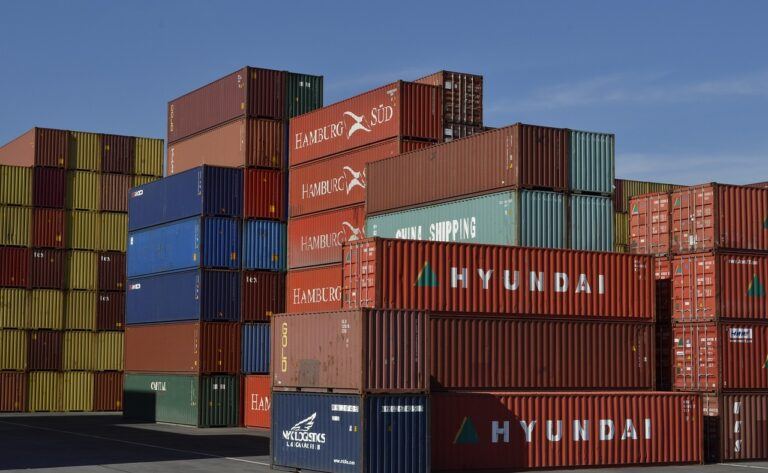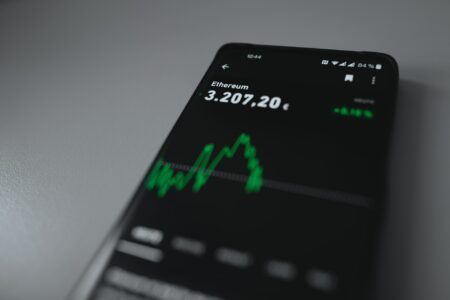The Port Authority of Valencia (PAV), an organization that manages three state-owned ports in Spain, has reportedly integrated into IBM and Maersk’s blockchain-based TradeLens platform.
“Early Adopter” Of IBM, Maersk’s Global Supply Chain System
The TradeLens platform is a “global supply chain” solution that has been built using distributed ledger technology (DLT). PAV, which trades under the name Valenciaport, has been integrated as an “early adopter” – which means that it will contribute to the platform’s initial stages of development.
Launched on August 9th, 2018, TradeLens has been built to “promote” transparency, and “more efficient and secure global trade”, while also allowing independent parties on its network to quickly share information.
At present, the TradeLens network consists of 20 port operators and terminals – which connect to, and manage 234 seaports throughout the world. They include PSA Singapore, the Port of Halifax, Port of Bilbao, Modern Terminals in Hong Kong, among others.
Reducing Transit Times By 40%
According to data collected by the TradeLens system, its blockchain-powered platform helps to reduce average transit times of shipments by about 40%. This not only allows cargo to be shipped faster, but it also helps companies save on shipment costs.
Maersk’s official blog post explains that Tradelens’ system uses IBM’s proprietary blockchain-based software to establish “a single shared view of a transaction without compromising details, privacy or confidentiality” of the parties involved in the supply chain process.
Moreover, the TradeLens platform lets “shippers, shipping lines, freight forwarders, port and terminal operators, inland transportation and customs authorities” access shipping data in real-time.
As CryptoGlobe covered, TradeLens has processed over 154 million “data-sending events” – which includes information from ports, logistics companies, and cargo shippers. Additionally, shipping documents that contain internet-of-things (IoT) and sensor data for “temperature control” and “container weight” have been tracked by the TradeLens system.
“Ports Without Papers”
Notably, Spain’s PAV first announced its plans to launch a big data and blockchain-enabled “smart port” in early October. Jose Garcia De La Guia, the head of new technologies at the PAV, had recommended using DLT to improve logistics and the current global supply chain model.
La Guia had said that blockchain technology would help create a “ports without papers” system – which would also reduce the maintenance costs of managing supply chains.
In September, Associated British Ports, a port operator based in the UK, partnered with digital logistics solutions provider, Marine Transport International, in order to develop a blockchain-based system for managing port logistics.
Both companies expect the new DLT-enabled system to help reduce the time required to process data – which is currently being done manually.








